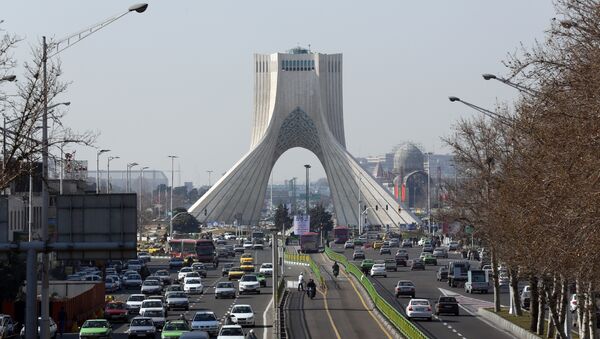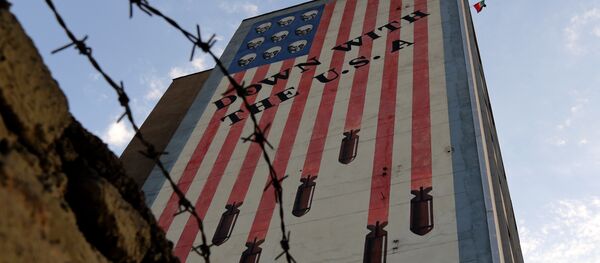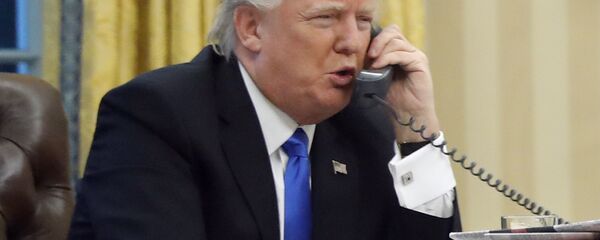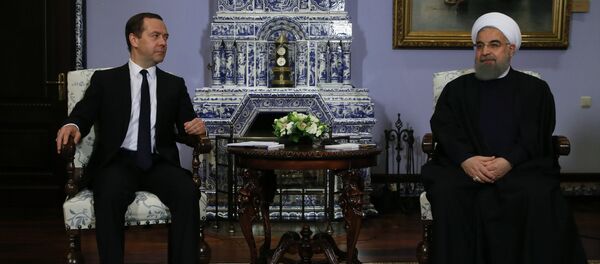The restrictions came as a response to the new sanctions imposed by the United States against Iran on March 24, 2017.
The State Department said that Washington had sanctioned 30 individuals and entities in China, North Korea and the United Arab Emirates (UAE) for supplying goods and services in support of Iran’s ballistic missile program and other nonproliferation violations connected to Syria and North Korea.
Tehran condemned the measures taken by the US, saying they were "based on fabricated and illegitimate pretexts" and violated the "word and spirit" of the final agreement on the Iranian nuclear program.
According to Hassan Hanizadeh, an Iranian political analyst and expert in Middle East issues, the sanctions is a "precedent" because Tehran had never delivered such a tough response before.
"Taking in consideration the recent sanctions imposed by US President Donald Trump against Iran, Tehran took preventive measures for the first time. The sanctioned companies were involved in supporting Israel’s activities against the people of Palestine as well as supporting terrorists in Iraq, Syria and Yemen. In fact, Iran has a lot of so-called 'trump cards' to counter US sanctions," Hanizadeh told Sputnik Persian.
The expert recalled that over the last few months Trump has repeatedly called into question the final nuclear deal with Iran. In this context, Tehran may offer totally different conditions for a dialogue with Washington, including extending the list of sanctioned companies.
"Consultation between the Iranian president and the Russian leadership on American and European sanctions against Iran could lay the groundwork for establishing a political block to counter those restrictions," he said.
According to Hanizadeh, the sanctions imposed by Tehran are a "practical step" towards countering Washington’s "threats and sanctions" and this is why the list of sanctioned companies related to the US and Israel may soon extend.
"By doing this, Iran may damage the US unstable economy. Moreover, similar measures could be also taken by other regional powers," the expert said.
In turn, Maryam Jalalvand, a lawyer and lecturer at the Tehran-based Payam-e Nur University, underscored that Iran has every right to impose such sanctions.
"The recent restrictions are a response to the US. They are not directly related to the nuclear agreement. By his activities and sanctions, Trump is testing Tehran to the limit. Iran has repeatedly said that its missile tests had defensive goals," she pointed out.
Never miss a story again — sign up to our Telegram channel and we'll keep you up to speed!





